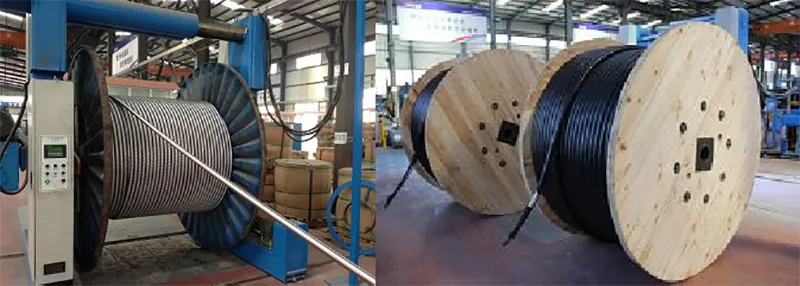Nov . 24, 2024 09:55 Back to list
air pressure valve
Understanding Air Pressure Valves Function and Importance
Air pressure valves play a crucial role in various industries, including manufacturing, automotive, and HVAC (heating, ventilation, and air conditioning). These valves are designed to control the flow of air and ensure that systems operate smoothly and efficiently. By maintaining optimal air pressure, these valves prevent system failures and enhance performance.
What is an Air Pressure Valve?
An air pressure valve is a type of mechanical device that regulates the pressure of air within a system. It can either increase or decrease the air pressure based on the operational requirements. The primary function of this valve is to maintain the desired pressure level, which is essential for the efficient functioning of pneumatic systems. These valves are typically made from durable materials such as brass, aluminum, or plastic, depending on the application and environment in which they are used.
Types of Air Pressure Valves
There are several types of air pressure valves, each serving different functions. Some of the most common types include
1. Regulating Valves These valves consistently maintain a set pressure level within the system. They automatically adjust the flow of air to compensate for changes in demand.
2. Relief Valves Designed to prevent pressure buildup, relief valves release excess air when pressure exceeds a predetermined level. This is crucial for safety, as over-pressurization can lead to equipment damage or failure.
3. On/Off Valves These valves control whether air flows through the system. They are typically used in applications where air supply needs to be turned on or off quickly.
air pressure valve

Why are Air Pressure Valves Important?
Maintaining proper air pressure is vital for various reasons
- Efficiency Properly functioning air pressure valves ensure that pneumatic systems operate at maximum efficiency. This leads to lower energy costs and improved productivity.
- Safety Over-pressurization can cause catastrophic failures, leading to equipment damage, injury, or even loss of life. Relief valves act as a safeguard against these hazards.
- Performance Many systems rely on specific pressure levels to function correctly. For example, HVAC systems require accurate pressure control to maintain comfortable indoor climates.
- Longevity Regularly maintaining and inspecting air pressure valves can extend the life of machinery and equipment, reducing the need for costly repairs or replacements.
Conclusion
Air pressure valves are essential components in many mechanical systems. Their ability to regulate, control, and maintain air pressure contributes significantly to the efficiency, safety, and longevity of equipment across various industries. Understanding the types and functions of these valves helps engineers and technicians make informed decisions about system design and maintenance. In a world where efficiency and safety are paramount, air pressure valves will continue to be a fundamental aspect of industrial operations.
Share